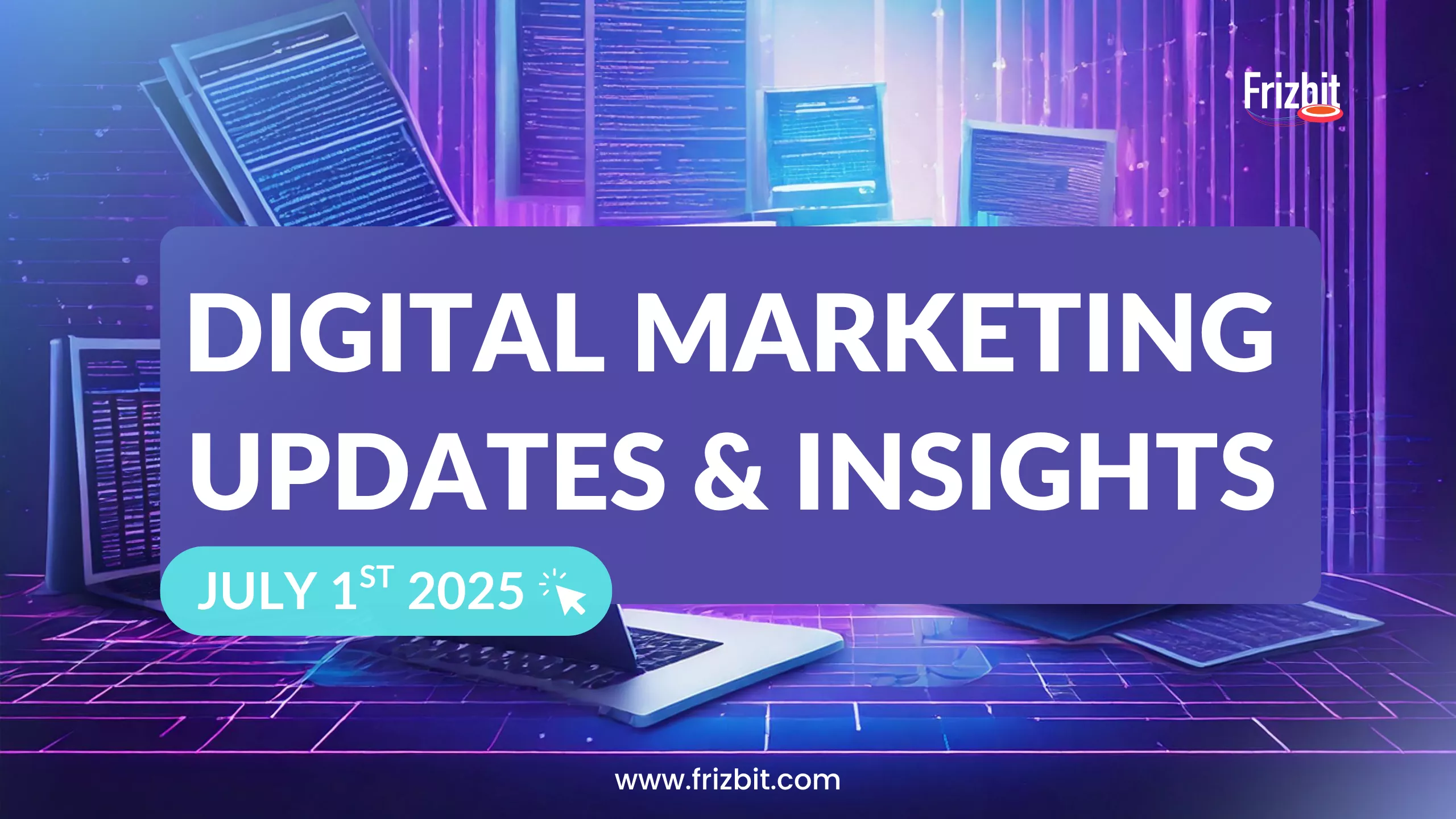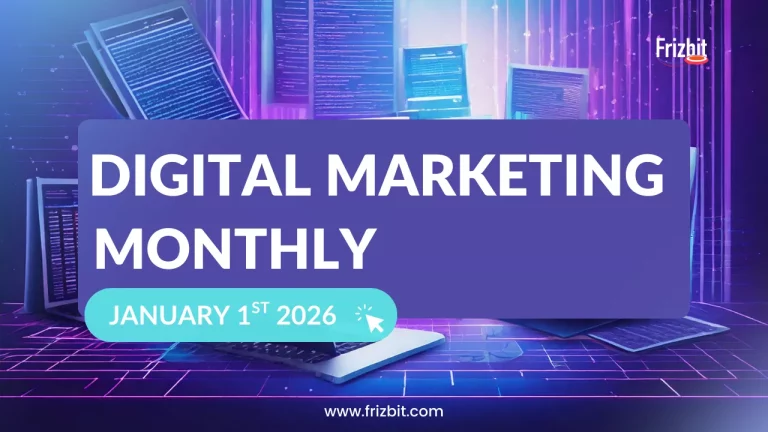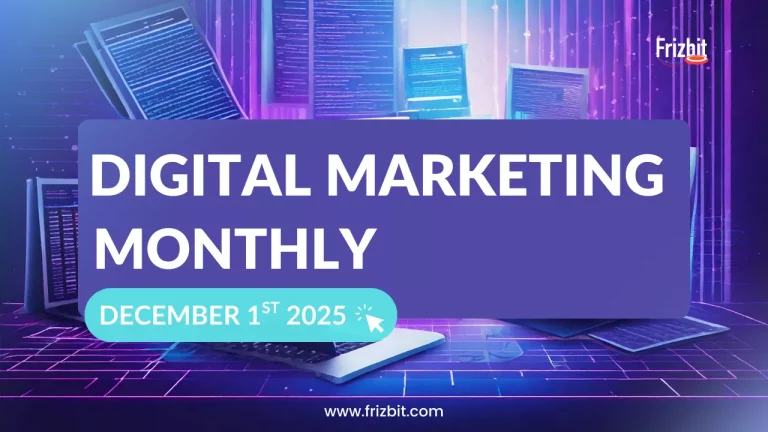Welcome to our July edition of Digital Marketing Updates! 💌
There’s a certain irony in this month’s trends: AI is transforming how we search, yet classic SEO is proving to be more relevant than ever. New research and Google’s Muvera update both highlight a simple truth: good content, strong signals, and real trust still win, even in an AI-driven SERP.
Meanwhile, in Martech, AI is doing the opposite: tools like Flodesk show how privacy-first AI can make your life easier without stealing your data. Instead of scraping your ideas, Flodesk’s new email assistant helps you write, design and launch on-brand emails faster, but keeps your IP safely yours. Shopify is on the same path, using AI to speed up site builds while keeping brand control in your hands.
In Social Media, the TikTok saga continues. The clock keeps ticking on a potential US ban while privacy concerns stay centre stage (with a possible sale and new executive orders drawing lines for how user data must be handled). On the flip side, Meta is betting big on AI too, rolling out new AI-driven ads and video tools to stay ahead of the curve.
And at Frizbit, we’re grateful to our clients who trust us to keep raising the bar for customer engagement. This month, we’re excited to welcome Zorlu, our first Turkish entertainment & ticketing partner, who’s already achieving retargeting CTRs above 5% as we help them connect with audiences in real time.
Here’s what we’re unpacking this month:
— Search: AI is everywhere, but SEO is alive and well
— Martech: Flodesk and Shopify show what good AI looks like
— Social: TikTok’s privacy stand-off and Meta’s next AI push
— Frizbit: New industries, new results, same mission
🌞 Ready to explore the latest digital marketing updates?
Let’s get started.
Search Marketing Updates
1. ChatGPT’s new search update & fresh SEO data: old-school SEO is far from being gone
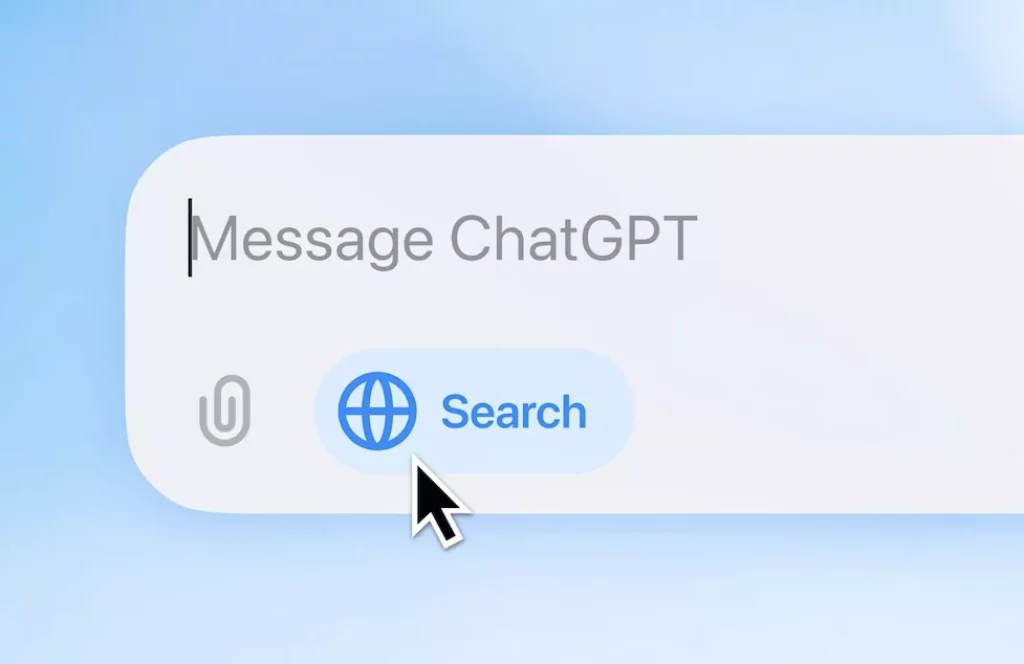
Key highlights:
- OpenAI is rolling out an upgraded ChatGPT Search, integrating live web results with AI answers.
- The tool pulls from Bing and indexed sources, creating direct, conversational answers, pushing even more user time inside the AI.
- Some worry this may drain clicks from classic web pages, but new data says SEO is still holding strong.
- According to Clutch’s SEO Statistics 2025, over 90% of marketers still see SEO as an essential traffic channel, despite AI changing how people find info.
📌 The takeaway? SEO isn’t disappearing, but it’s evolving.
ChatGPT Search: another layer between user & website
The update puts ChatGPT in direct competition with Google for quick, trusted answers. Instead of typing keywords and scanning multiple pages, users can ask complex questions and get summaries or direct citations, all without ever seeing your site.
But does this kill traditional SEO? Not quite.
Clutch’s 2025 report shows businesses still get the bulk of discoverable traffic through organic search. Even as AI assistants answer more questions up front, high-quality, technically sound content is what feeds them answers in the first place.
What’s happening here:
- ChatGPT is eating up more informational queries, especially simple fact-based ones.
- SEO content is shifting towards depth, authority, and genuine expertise.
- Google and AI chatbots increasingly quote trusted sites, rewarding strong E-E-A-T signals.
🚀 Practical tips for marketers:
- Track how your branded content appears in AI summaries.
- Optimise for both human readers and AI: clean structure, clear answers, reputable sources.
- Focus on deeper, opinionated or data-led pieces. The kind AI tools struggle to replicate.
- Use Schema markup to help engines and bots index your content better.
Our take:
SEO’s not dead, it’s just wearing a new hat. If your pages feed ChatGPT good answers today, they’re still driving visibility tomorrow. Get the basics right, aim for real value, and watch how AI amplifies (not replaces) your discoverability.
2. Google’s Muvera Algorithm: a boost for context, nuance & real expertise

Key highlights:
- Google has quietly rolled out Muvera, a new ranking system designed to handle contextual search better than its predecessors.
- Muvera focuses on user intent depth: instead of just matching keywords, it aims to interpret subtle search context and provide more accurate, multistep answers.
- Early data shows its rewarding sites with real depth and trusted signals, thin, generic content is losing ground.
📌 This means “old tricks” won’t cut it, real authority and layered context are what win.
What makes Muvera different?
Unlike broad core updates, Muvera is an underlying shift in how Google deciphers complex queries. It leans heavily on advanced natural language understanding and E-E-A-T signals, especially for “Your Money, Your Life” (YMYL) topics.
Example: A generic product page or superficial advice piece is more likely to slip if competitors offer richer, more detailed context that answers the why and how, not just the what.
What’s actually changing:
- Context depth matters: a 300-word page might not rank if a competitor’s guide explains the topic from multiple angles.
- Content freshness is boosted, but only when paired with genuine authority or expert updates.
- Niche sites that go deep on specific topics can gain an edge over big generalists.
🚀 Practical tips for marketers:
- Audit thin pages and expand them with layered FAQs, examples, and user insights.
- Bring clear author signals and citations, especially on YMYL topics.
- Use semantic SEO: interlink relevant topics, answer related sub-questions.
- Monitor ranking swings: thin “quick win” pages are at higher risk now.
Our take:
Muvera shows Google doubling down on rewarding real expertise and user trust. If your site is still relying on keyword stuffing or generic filler, now’s the time to evolve. Search isn’t just matching words any more, it’s matching meaning.
Martech Updates
1. Flodesk AI: privacy-first, beautifully branded newsletters in minutes
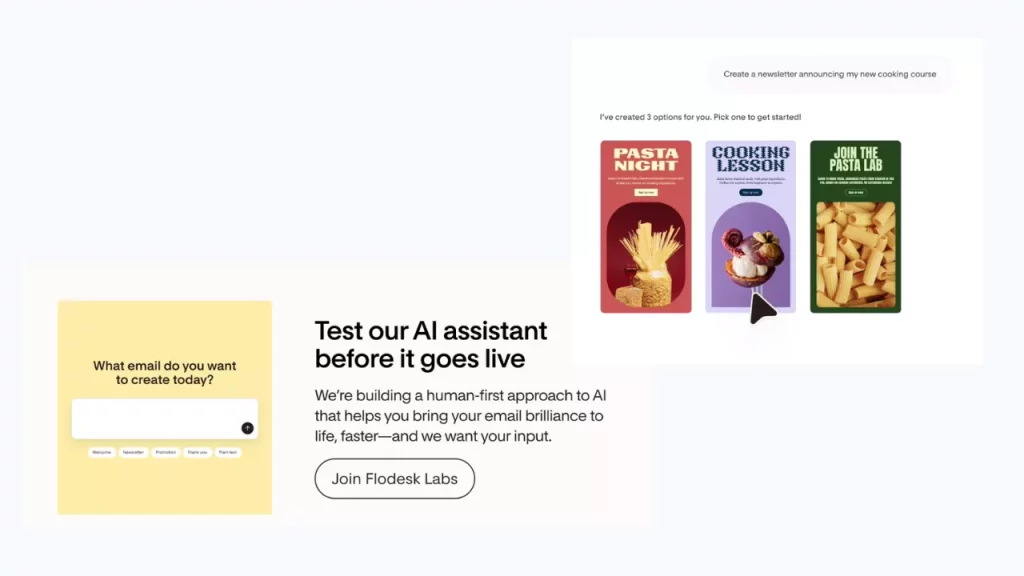
Key highlights:
- Flodesk is rolling out AI-powered tools that help design, write, and edit emails faster, without sacrificing brand identity.
- Unlike other tools, Flodesk promises its AI won’t train on your content, your ideas stay yours.
- The focus: design-first, human emails that balance efficiency with personalisation.
📌 AI support, but with your voice and style intact, not another generic output.
Why this matters:
Flodesk has always been about helping small teams create visually stunning emails, easily. Their new AI features keep that promise: you can now use prompts to generate layouts, adapt designs to your brand’s style guide, and even draft or refine copy, without worrying about privacy breaches or your content training someone else’s model.
The twist:
While many brands chase more data, Flodesk is leaning into a privacy-first edge. Their AI works inside a closed system, respecting your intellectual property, a growing demand as creators and brands rethink how much training data they’re giving away for free.
What’s changing for marketers:
- Faster design: generate templates that adapt automatically to your brand fonts, colours and layout.
- Better copy: prompts to draft, rewrite or tighten up sections in your tone of voice.
- Peace of mind: no risk your content is scraped to train outside models.
🚀 How to use it well:
- Set clear brand guidelines to keep outputs consistent.
- Use AI drafts to beat blank-page syndrome, then refine with your human touch.
- Highlight privacy-first as part of your brand’s promise to subscribers.
Our take:
AI shouldn’t replace your story, it should help you tell it better. Flodesk’s approach is a refreshing reminder that brands can adopt AI while respecting privacy and staying on-brand.
2. Shopify Theme Blocks: AI that builds your store, block by block
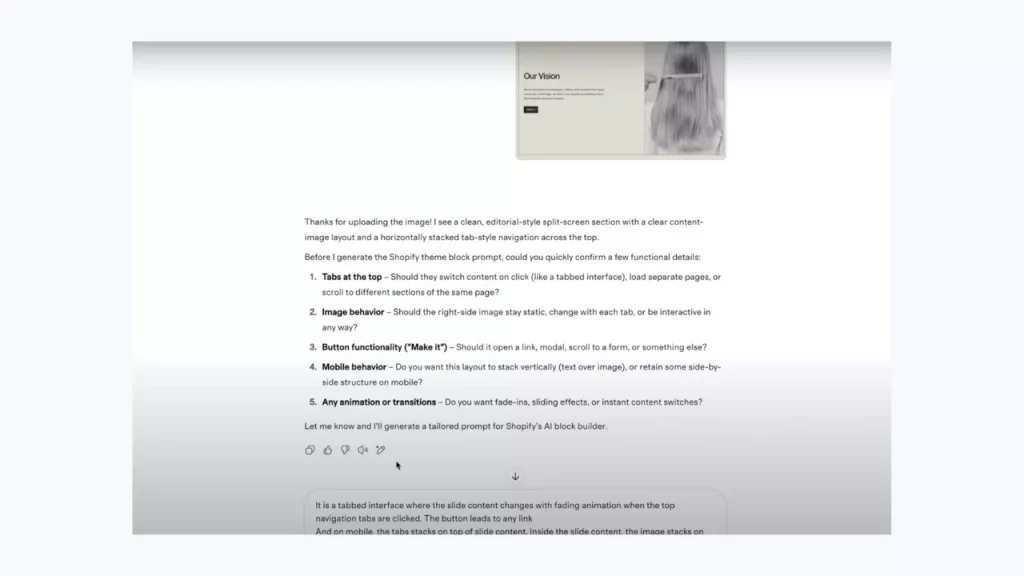
Key highlights:
- Shopify launches AI-generated Theme Blocks, making it easier to design or update online stores without coding.
- Merchants can use prompts to create custom sections: think banners, product showcases or promo blocks in seconds.
- AI blocks adapt to your brand’s style, saving hours of manual tweaking.
📌 Theme updates without developer delays because AI does the heavy lifting for you.
What’s different here:
Shopify’s new AI Blocks let any merchant, not just dev teams, roll out fresh layouts fast. Describe what you need. For example, “Add a summer sale banner with dynamic text and a CTA button” and the AI builds it directly inside your store’s theme editor.
Why it matters:
Themes have always needed developer input or costly customisation. Now, brands can update their storefronts for seasons, campaigns or trends without touching a line of code, keeping stores fresh, relevant and optimised.
Big benefit:
AI Blocks aren’t just plug-and-play. They adjust design elements to match your existing theme, so new sections look on-brand by default.
What marketers can do with it:
- Roll out landing pages for flash sales or product launches in minutes.
- Test new layouts quickly, no waiting on dev tickets.
- Keep your store looking fresh and seasonal without outsourcing.
🚀 How to make it work:
- Combine AI Blocks with your store analytics and test which layouts boost AOV or CTR.
- Pair with personalisation tools to customise blocks for different audience segments.
- Use it to speed up last-minute promos more agility, less stress.
Our take:
Shopify’s AI Blocks put creative control where it should be: in your hands. For lean teams or fast-moving brands, this update turns your theme into a flexible marketing asset, not just a static template.
Social Media Updates
1. TikTok’s US sell-off: privacy, politics and what’s next
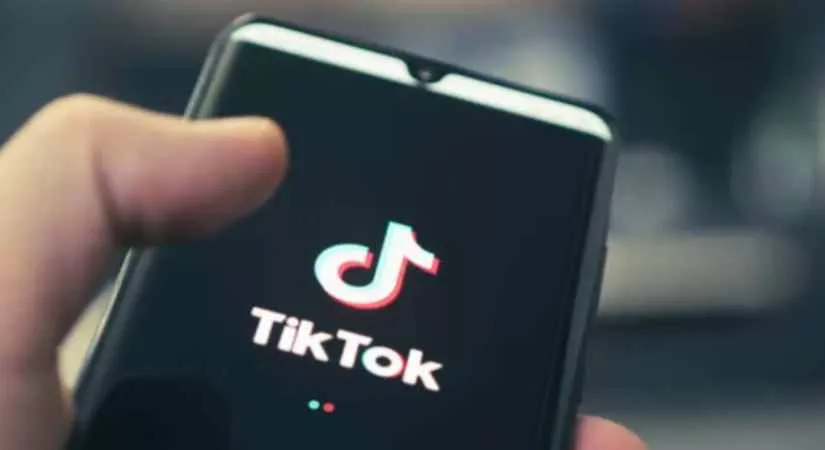
Key highlights:
- Since early 2025, TikTok has faced a forced sell-off in the US over privacy and national security concerns.
- Trump’s new extension gives ByteDance 90 more days to find a buyer. Could this be his way to reinforcing that the “app has a warm spot in his heart”
- A US investor group has stepped up as a potential buyer, but final approval remains unclear.
📌 A data privacy test case that could set the tone for future regulation.
The bigger picture:
TikTok’s US operations have been in limbo for months. The root issue isn’t content or creators, it’s data. The sell-off push aims to prevent American user data from landing in Chinese hands. If it goes through, it could change how global platforms handle user data and national security concerns.
What marketers should watch:
- Ad budgets could shift if TikTok loses traction in the US.
- User trust might be tested during this uncertainty.
- New rules may set precedents for how data is handled by other global platforms.
🚀 Tip:
Keep an eye on policy shifts. Diversify your short-form video strategy across platforms like Reels, Shorts or Pinterest in case TikTok ad reach dips.
Our take:
This is bigger than one app. Privacy-first models and localised data storage are likely to shape how social apps grow and how marketers target audiences in the years ahead.
2. Meta launches new AI video tools for ads
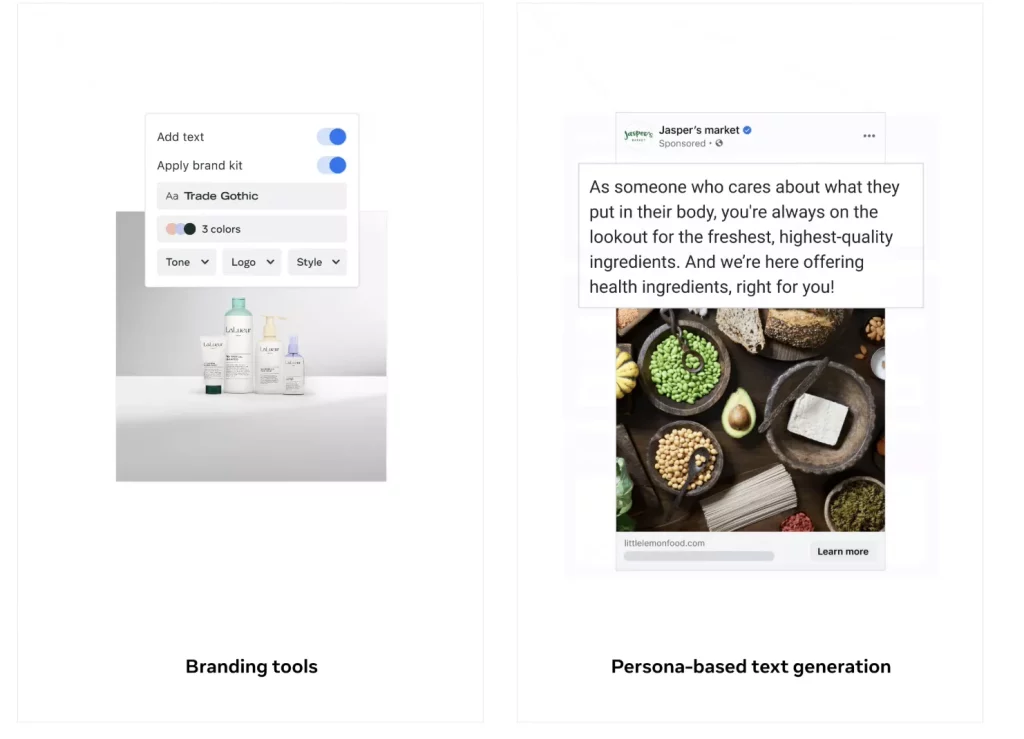
Source: Meta
Key highlights:
- Meta rolls out AI-powered video generation for small business ads.
- New tools help create product videos, voiceovers and dynamic backgrounds in minutes.
- Smart automation reduces production costs and time.
📌 AI ads aren’t the future, they’re here.
Why it matters:
Meta’s new AI tools are designed for businesses with tight budgets and small teams. Brands can generate short promotional videos using product images and basic scripts, with AI filling in the visuals and voice. It’s another step towards making ad creation faster and more accessible to non-creatives.
How brands can use it:
- Launch quick A/B tests with multiple video versions.
- Localise ads with minimal extra cost.
- Keep campaigns fresh without extra shoots or agencies.
Our take:
Meta’s betting big on AI-powered creative. For brands, this means quicker turnarounds and more volume. The catch? Everyone has the same tools, so your strategy and targeting matter more than ever.
About Frizbit
1. New Client Spotlight: Zorlu
This month we welcomed Zorlu, a leading Turkish entertainment and online ticketing brand, to the Frizbit family. Early campaigns are already showing CTR rates of up to 5.25% on retargeting flows — a good sign for driving repeat engagement in a sector where timing is everything.
📌 For event-driven businesses, it’s a reminder that well-timed, personalised web push can bring audiences back, again and again.
Don’t miss Frizbit’s monthly blogs and explore our latest Digital Marketing Updates and News!
